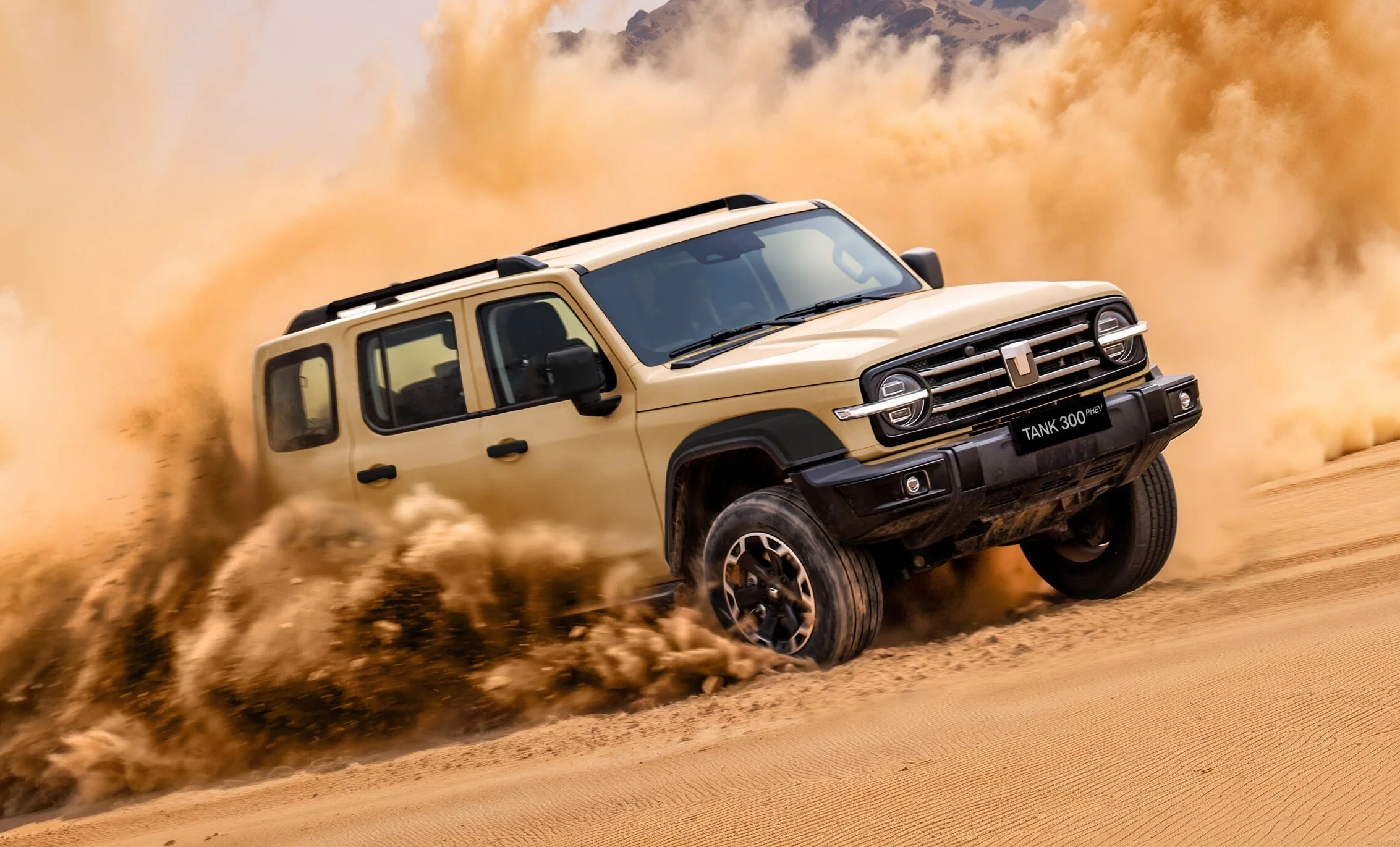Does increasing tyre size impact my warranty?
QUESTION
Good day John,
I can't find advice from you on the effect of increasing tyres size on warranty / consumer guarantee.
I have a LandCruiser 79 dual-cab and want to increase tyre size from the manufacturer supplied 265 / 70 / R16 to a 265 / 75 / R16 a diameter increase of roughly 3.5 per cent (27 mm) as this will slightly reduce revs / km when cruising and provide a few millimetres extra clearance.
The size increase is well within WA’s state-based legally allowed limits, but I want to know what warranty / consumer guarantee implications this could have.
Many thanks in advance for your advice,
Grant
ANSWER
Hi Grant,
Honestly, it’s very hard to see how it could make any tangible difference to warranty, but you should always bear in mind that any modification of a vehicle away from its original condition increases the risk of being denied a warranty claim in the event of something going wrong. That doesn’t mean it will be, it’s just an elevated risk. You have to decide whether you’re comfortable with that risk.
What is likely to happen is the clutch wear might accelerate slightly (you’ll have a taller first gear, for example) but then warranty doesn’t cover wear and tear. So that would be on you to fund the early replacement of that part and any other subsequent parts with an accelerated wear rate like bearings or dampers.
You have to remember that if a dealer or brand can trace any potential fault back to you, there’s a chance they will exploit that in order to avoid being stuck with the cost. It also negates their obligations under Australian Consumer Law.
AFFORDABLE ROADSIDE ASSISTANCE
If you’re sick of paying through the neck for roadside assistance, I’ve teamed up with 24/7 to offer AutoExpert readers nationwide roadside assistance from just $69 annually. Full details here >>
But above all, my main reservation is you’re going to find it makes bugger-all difference to fuel economy and clearance. So, why bother? Unless you’re looking to save millilitres of fuel every time you drive, I’d suggest it’s just not worth the initial cost for no tangible benefit.
Also, both in a warranty and drivability sense, the manufacturer has selected that tyre size for a reason. It’s a bit nutty to presume you’ve got a better idea, without meaningful, credible data to back it up.
I always recommend you buy a standard vehicle which is fit-for-purpose straight off the shelf. That way you don’t need to modify it, and any design failures are entirely on the manufacturer (provided you don’t abuse it) and you avoid a sledging match between the dealer, the carmaker, any third-party aftermarket brands or installers - and yourself.
If a 79 LandCruiser doesn’t do every perceivable job you throw at it, you probably need a small truck.
I know this isn’t what you want to hear, but the facts don’t care much for feelings.
JC








Just because a ute is cheap, that doesn’t mean it’s worth the money. Is the GWM Cannon more than just a cut-price Ranger wannabe? Can it offer towing, off-roading capability and robust design to compete with the big brand dual-cab utes like Hilux and Triton?